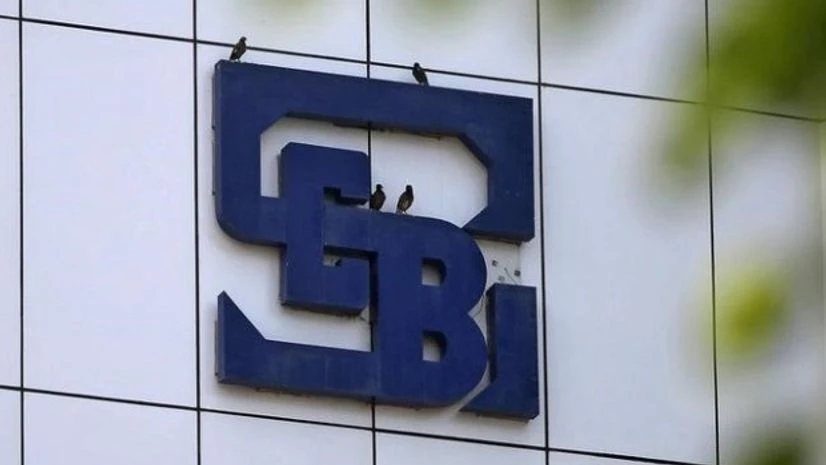In its continuing efforts to improve risk management at the exchanges' end, market regulator Securities and Exchange Board of India (Sebi) is considering suspending trading in commodities or contracts that are illiquid.
During its first year of regulating commodity derivatives after the merger of the Forward Markets Commission (FMC) with it, Sebi has focused on improving risk management of commodity exchanges with the powers it has. And, wherever it has been possible and practical to do so, it has aligned them with the equity derivatives.
In the second year, while focusing on introducing much-awaited new products and allowing new participants in the commodity derivatives, focus on strengthening risk management will continue. Asking not to be named, a person connected with the development said: “Sebi is also looking at plugging potential loopholes in regulating commodities, by asking exchanges to suspend trading in commodities that are not traded or trading in which is very thin. All three mainline exchanges have some such commodities that are generating zero volumes or their contribution is very thin in overall volumes. And these commodities, like penny stocks or illiquid stocks, can be potentially misused for speculation.”
According to trading data of exchanges, based on daily average volumes, 10 out of 29 commodities on MCX are either generating zero volume or account for less than half a per cent of the exchange’s volumes, based on September trading data. Four commodities acount for 0.5-1 per cent of the volumes. Some of these commodities are mini contracts or different varieties of some highly traded commodities -- for example, brent oil or gold petal. MCX's most liquid crude oil contract is based on WTI price. In September 2016, MCX’s average daily trading volume was Rs 23,755.74 crore.
Also Read
Similarly, on NCDEX, which is the number two exchange and known for agri commodities trading, 11 out of 27 listed commodities have seen no trading. For NCDEX, the September average daily volume was Rs 2,246.13 crore. Due to actions like suspension of castor seed and chana and high margins on sugar futures, NCDEX has seen a sharp fall in volumes. Commodities not traded also include some agri commodities and non-agri commodities.
NMCE, an Ahmedabad-headquartered exchange known for trading in plantation crops, has six commodities listed, but the real challenge is that their daily average volume is only Rs 147 crore.
Source said, "Sebi’s worry is that thinly traded or illiquid contracts or commodities can be misused for artificially raising or suppressing prices and influencing physical market. However, for a decision on illiquid contracts, Sebi is reviewing various criteria, including absolute trading volumes, number of participants, and even the share in total volume. But, the final decision has not yet been taken.”
The issue of illiquid commodities is not being seen for the first time. Earlier, FMC had tried addressing it. However, some commodities that are big in size, such as wheat and rice, have not seen a pick-up. So, real hedgers have never found them as useful for hedging purposes as other commodities, given their lack of depth. In the case of several commodities, government restrictions and market interventions have created uncertainties in taking positions. This has especially been the case with essential commodities. But, a few years ago, the government had suspended exports when cotton prices had gone above Rs 60,000 per candy (156 kg each).
Kapas contracts, which were liquid at some point in the past, are illiquid at present, while cotton is doing better. On the other hand, once small commodities, guar seed and gum have emerged among the most liquid commodities.
Sebi plans to give exchanges time to improve genuine volumes by motivating market-making in illiquid contracts. For this, exchanges have limited tools, such as reducing transaction charges within a specified range. Such incentives also have to be incremental to rising volumes. If that is not achieved within a specified time period, an exchange will be asked to discontinue them. Another option will be to ask exchanges to suspend trading in commodities where no trading is taking place. A decision in this regard is likely in the next few weeks.
WHERE THEY STAND
MCX
WHERE THEY STAND
MCX
NCDEX
NMCE

)
